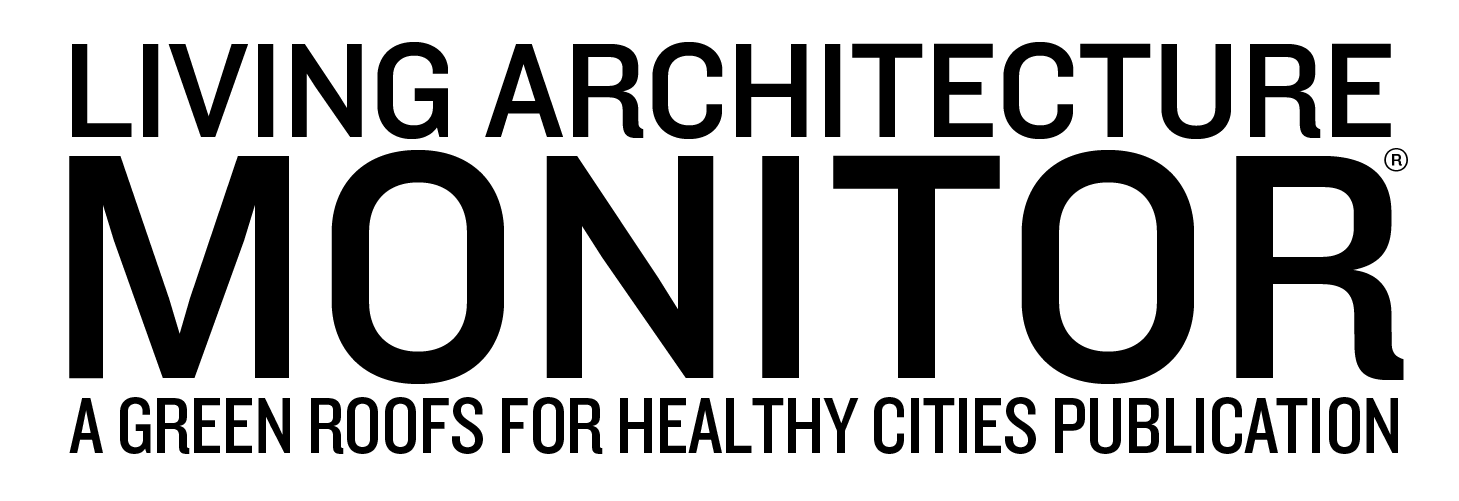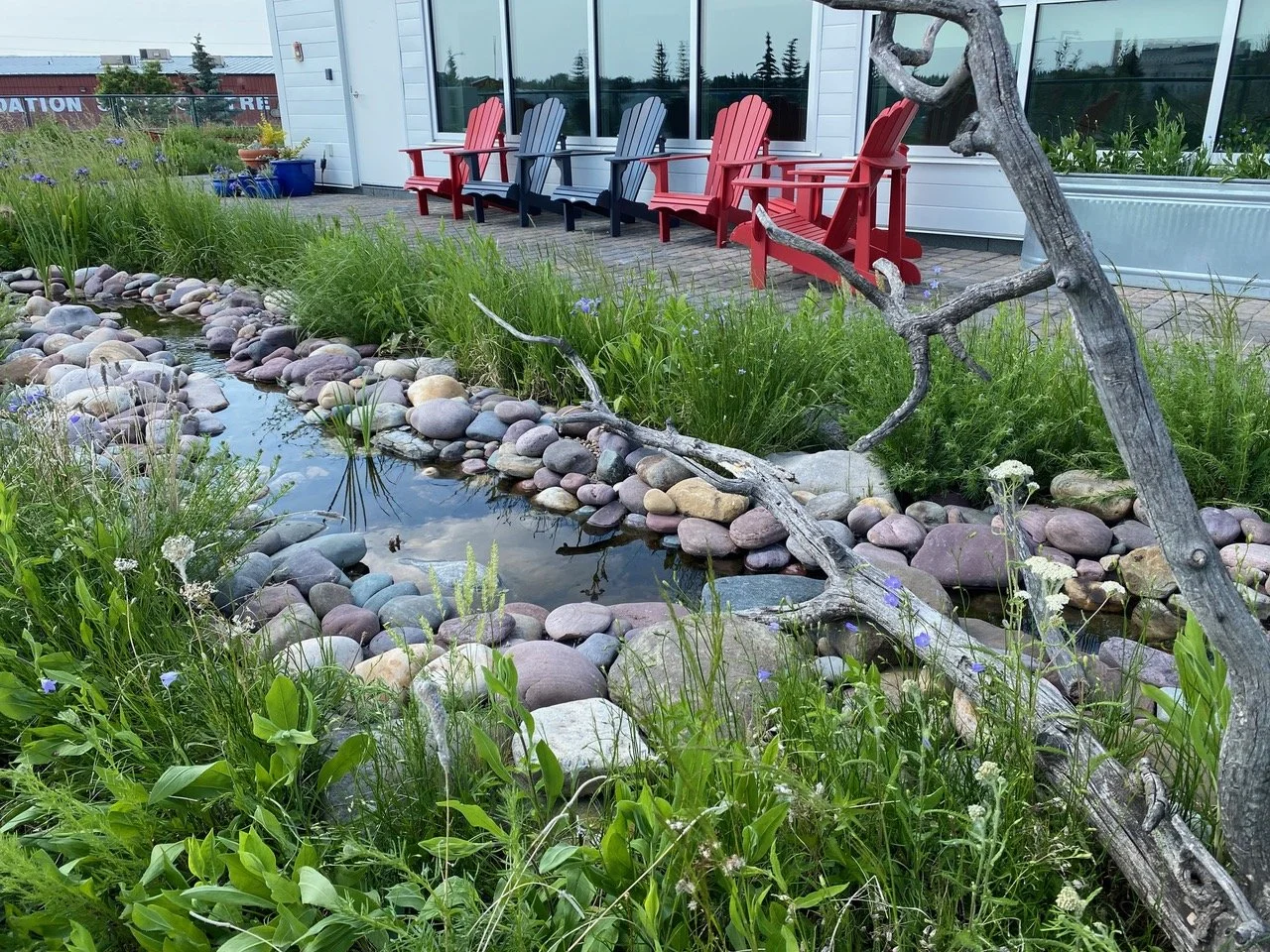Velázquez Reintroduces Bill to Bring Green Rooftops to Public Schools
Sourced from the Office of Representative Nydia Velázquez
Today, Rep. Nydia M. Velázquez (D-NY) reintroduced the Public School Green Rooftop Program Act which would allocate federal resources towards implementing green roofs at public elementary and secondary schools. These roofs offer a sustainable, energy-efficient way of bringing green space to urban areas and have myriad educational benefits for students and the community at large.
Through this program, the Department of Energy would implement a grant program for the installation and maintenance of green roofing systems. Green roofs are a sustainable, durable means of lessening a building's carbon footprint, and function as an opportunity for teachers to introduce relevant environmental and agricultural concerns to students who may not have such an opportunity in an urban community. The roofs, according to the EPA, provide a notable advantage to urban communities, including heat island mitigation, lower air pollution, responsible stormwater management, urban agriculture, habitat enhancement, and educational or recreational benefits.
“One of the best ways for our students to learn is to get hands-on experience, and environmental education is no exception,” said Congresswoman Velázquez. “My bill would help students to gain firsthand knowledge of sustainable practices and see the impacts that green initiatives have on their community. By giving children experience with environmental and agricultural concepts early on, we open the door for younger generations to help shape their communities.”
Green roofs have already been installed in numerous NYC public schools to great success. One such example is PS41's Green Roof Environmental Literacy Laboratory, a program implemented by the Greenwich Village school. This 9,000 square foot green roof serves as fertile ground for environmental education and reduced the school's greenhouse gas emissions by a full 32.7 percent.
This bill follows a legacy of success in other states. According to estimates from the Missouri educational system, green roofs can save a single school up to $41,587 a year in electricity costs alone. These roofs will cut district energy and maintenance costs substantially. A regularly maintained green roof has a longevity of forty years, as opposed to a standard roof's ten to fifteen. Additionally, the bill grants maintenance funding for up to four years after the installation of every roof.
“Energy savings, heat mitigation, and a nature-based learning environment that supports local wildlife makes the Public School Green Rooftop Program Act a victory for students and budget-conscious administrators alike. I can say from experience with ASLA’s Green Roof on our headquarters in Washington, D.C. that our roof is up to 59 degrees cooler than neighboring roofs in the summer, and we save on energy costs in the winter as well. For students living in dense urban environments, a green roof at school also provides access to nature, which research shows has a direct impact on well-being. The American Society of Landscape Architects supports the Public School Green Rooftop Program Act and urges Congress to pass it,” said Torey Carter-Conneen, CEO of the American Society of Landscape Architects.
“This legislation will introduce students nationwide to the wonders of biodiversity and growing food on their school rooftops, while building community and saving schools money. It is a win-win-win!” said Steven W. Peck, GRP, Honorary ASLA, Founder and President of Green Roofs for Healthy Cities.
“The Public School Green Roof Program will provide funding support to plan, design, implement, and establish high-performing living roofs in arguably the most important and beneficial places imaginable, giving access to and fostering inspiration in elementary-age school children in traditionally underserved communities… the benefits from this bill will accrue for generations,” said David Yocca, Board Chair of the Green Infrastructure Foundation.
“At NY Sun Works, we understand how critical environmental education is to a sustainable future. This legislation would bring valuable opportunities for public school students to understand and engage with real climate science while also making a measurable impact on our collective carbon footprint. We applaud Congresswoman Velazquez for introducing this bill and for her ongoing advocacy for the environment and climate education.” Manuela Zamora, NY Sun Works Executive Director.
This bill is also cosponsored by: Reps. Yvette Clarke (D-NY), Stephen Lynch (D-MA), Nanette Barragán (D-CA), Bennie Thompson (D-MS), Kim Schrier (D-WA), Jasmine Crockett (D-TX), Jamaal Bowman (D-NY), Marilyn Strickland (D-WA), Bonnie Watson Coleman (D-NJ), Andre Carson (D-IN), and Delia Ramirez (D-IL).
A PDF of this bill can be found here.




